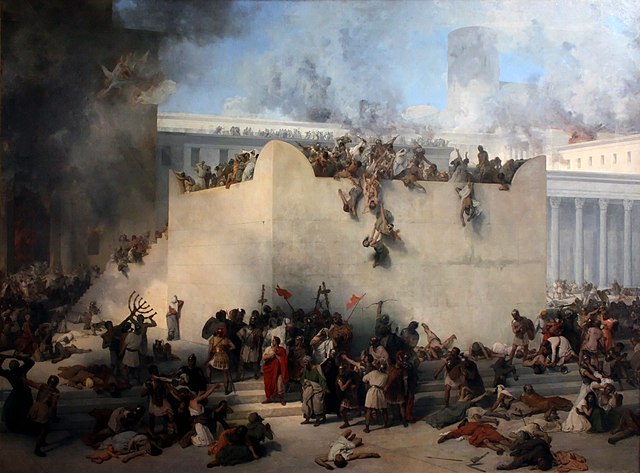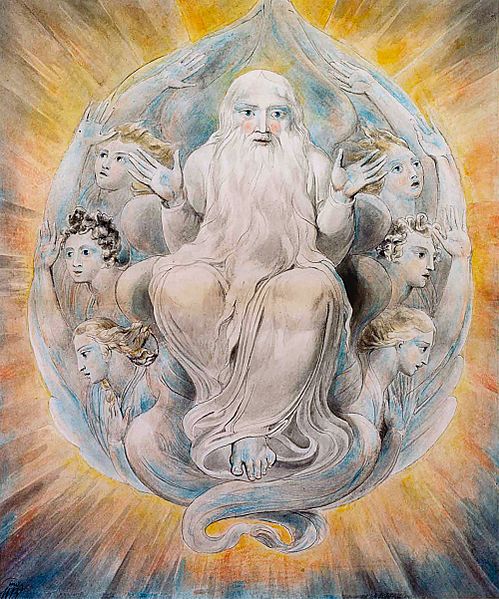
The Hebrew words related to memory derive from the shoresh (root) זכר (zayin kaf resh). Thus, zachor (remember), zikaron (memory), and zecher (remembrance). When there’s no dot in the middle of kaf, it’s pronounced like a guttural CH.
Shabbat Zachor, which immediately precedes Purim, is one of ten Special Shabbatot in the year. The Maftir aliyah (read after the weekly parashah), Deuteronomy 25:17–19, tells the story of how Amalek cowardly attacked us from behind when we were wandering in the desert.

“Remember what Amalek did to you on your journey, after you left Egypt—how, undeterred by fear of God, he surprised you on the march, when you were famished and weary, and cut down all the stragglers in your rear. Therefore, when your God YHVH grants you safety from all your enemies around you, in the land that your God YHVH is giving you as a hereditary portion, you shall blot out the memory of Amalek from under heaven. Do not forget!”
According to tradition, Amalek was an ancestor of Haman, the villain of the Purim story. Not only that, but each new generation has a new descendant or incarnation of Haman who tries to destroy us and miserably fails.

Yom HaZikaron is Israel’s Memorial Day, honoring both fallen servicepeople and victims of terrorism. It falls on 4 Iyar, the day immediately preceding Yom HaAtzma’ut (Israel Independence Day), and begins with a nationwide memorial siren that lasts for a full minute. All the cars on the road pull over, and people stand at full attention the entire time the siren sounds. Since Hebrew days begin at sunset, the siren starts at around 8:00 at night.
Another siren, two minutes long, sounds at 11:00 the next morning. Many people visit cemeteries to pay respects to the dead. A 24-hour TV broadcast lists the names and ranks of all fallen servicepeople and terrorism victims, and all entertainment venues like movie theatres and video game parlors are closed for the day.
There are lists of soldiers with no family, so everyone is remembered by someone.

Collective memory is extremely important in Judaism and Jewish society. Many holidays are observed in remembrance of past events (Purim, Chanukah, Lag B’Omer, Shavuot, Pesach, Sukkot, Yom HaZikaron, Yom HaAtzma’ut, Yom HaShoah, Yom Yerushalayim, Birkat HaChamah, Herzl Day, Jabotinsky Day, Day to Mark the Departure and Expulsion of Jews from the Arab Countries and Iran), and all seven fast days commemorate a specific event. In the case of Tisha B’Av, many tragic events which fell on or close to the same day are remembered.

Destruction of the Temple of Jerusalem, by Francesco Hayez
We’re also commanded to observe and remember Shabbos. Not only do we follow the laws associated with it, we observe it in remembrance of how Hashem rested after six days of creation. (Reading every word of the Bible literally has never been a part of mainstream Jewish tradition. We believe the days of creation represent much larger blocks of time.)

God Blessing the Seventh Day, William Blake, 1805
Though I’m too much of a name nerd to go for this, and amn’t from a family with this custom, it’s common for many Ashkenazim to name their kids after dead relatives and for Sephardim to name after living relatives. They’re not just carrying on a name, but a legacy of what that person was all about.

We also carry the collective memory and trauma of being a persecuted, disenfranchised minority in so many different places. Hence, social justice (the old-school real type, not the blue-haired, virtue-signalling TikTok type) is an extremely important value to us, and why we’ve always stood shoulder to shoulder in solidarity with other oppressed groups.
History isn’t something mistily distant that happened long ago and is now regarded as an irrelevant fossil relic, but a living, breathing, integral part of our contemporary fabric. The link to the past is never nearly so remote as we think. There are always chains of connection.

Through our long Diaspora, we never forgot our longing for our indigenous, ancestral homeland Eretz Yisrael. So many of our prayers and rituals are bound up with the land, and many mitzvot can only be observed in Israel. The national anthem, HaTikvah (“The Hope”), speaks of this longing to once again be free and autonomous in our own land.
It took almost 2,000 years, but finally we regained our independence and successfully decolonized our homeland after countless foreign occupiers (Ottoman, British, Mamluk, Byzantine, Roman, Crusader, Abbasid, Seljuk, Umayyad, Fatimid, Rashidun) who tried to erase our connection to the land.
We’ve outlasted so many enemies whose empires have long since crumbled, enemies who tried and failed to destroy us. We’ll outlast the latest enemies with their blood libels, historical revisionism, and watermelon emojis too.


The combination of Memorial Day to be followed by Independence Day is a good marriage of remembrance days. Cost with results.
LikeLike